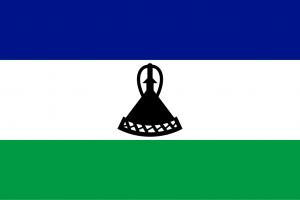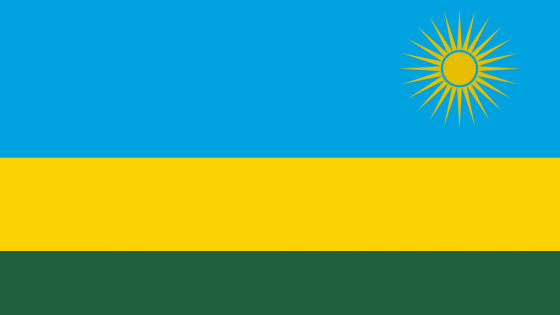
Rwanda, known as the “Land of a Thousand Hills,” is a small but dynamic country located in East-Central Africa. It is widely recognized for its breathtaking landscapes, impressive strides in development, and a deeply rooted culture of unity and resilience following its tragic past. Rwanda has emerged as a symbol of transformation and innovation in Africa.
Rwanda is a nation of inspiration—rich in culture, dramatic landscapes, and resilience. Whether you’re drawn by its wildlife, its forward-thinking urban centers, or its extraordinary people, Rwanda offers an unforgettable and meaningful travel experience.

